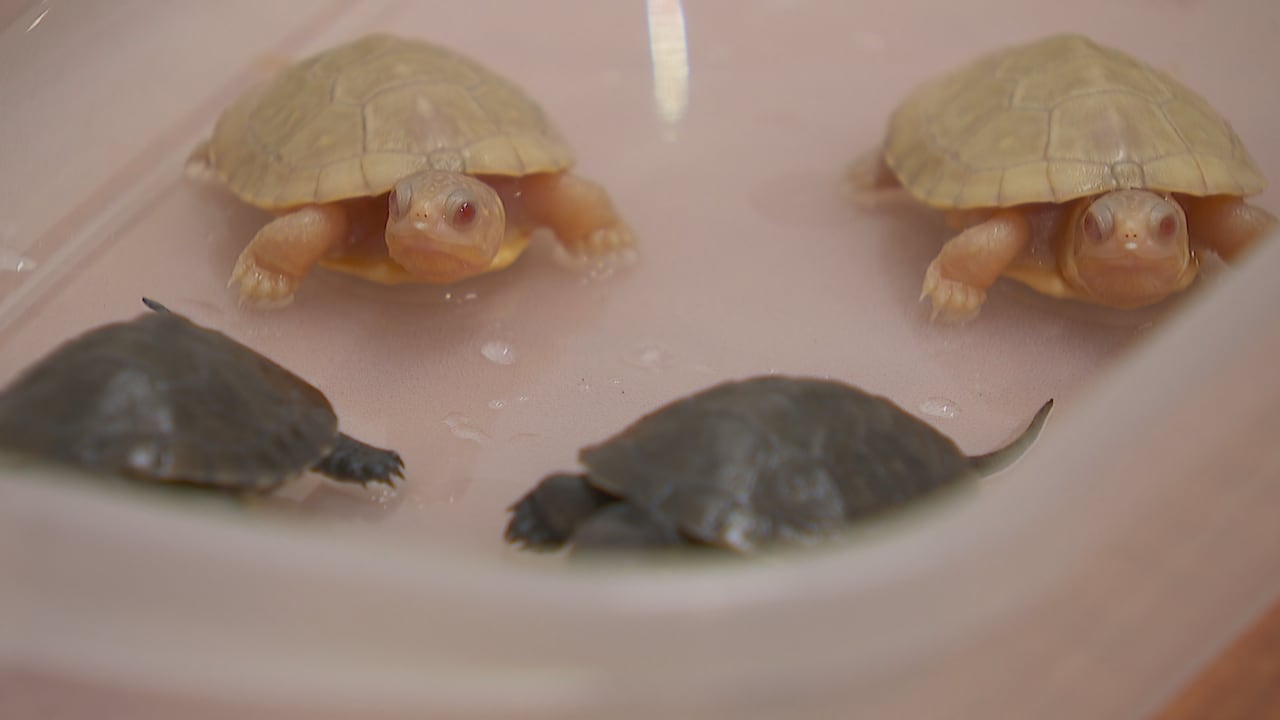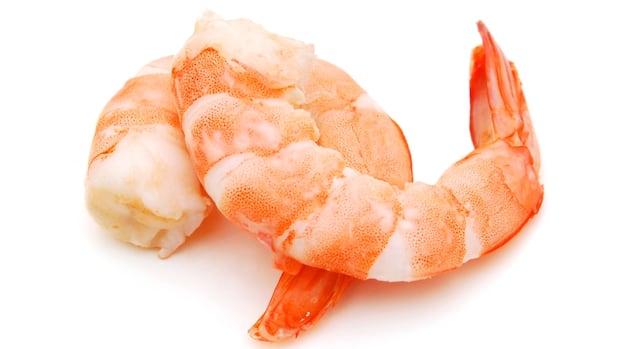By Connel Bradwell, presenter of Animal Pride
Growing up, I was obsessed with the natural world. So when I saw queer behaviour in orca as a young researcher, I was shocked. I had never learned about it in all my reading and education. Why had no one told me about this?
Turns out, queerness is prevalent in the natural world. But I hadn’t heard about it because, for over a century, research referencing same-sex behaviours in animals has been hidden.
In making Animal Pride, a documentary from The Nature of Things, I took a closer look at the natural world around us and discovered that so many parts are not as straight as we thought they were.
Throughout this journey, I have not only marvelled at the beauty of nature but also been blown away by its complexity. It’s truly nature’s coming-out story.
But at the same time, I’ve learned about the pushback faced by scientists for simply recording instances of same-sex behaviour.
Here and queer, but buried and distorted
When I first learned about the resistance experienced by researchers studying queer animal behaviours, I wasn’t surprised that they encountered such negativity. As a queer person, I’m sadly all too familiar with how often that happens. But what did shock me was the scale of it.
These scientists weren’t just dealing with a few critical comments; they were facing multiple attacks on their integrity from their peers, as well as sensationalist headlines that undermined the impact of their research. It felt completely absurd.
Animal Pride sheds light on the significance of diverse perspectives in science and underscores that these voices are often met with skepticism — even today.
Consider the work of Douglas Russell, a meticulous curator at London’s Natural History Museum. When he uncovered scientific papers from Robert Falcon Scott’s 1910 to 1913 expedition of Antarctica, he was surprised to find documentation about queer behaviour in Adélie penguins.
The expedition’s photographer, zoologist and surgeon, George Murray Levick, was likely the first person to observe Adélie penguins through an entire season, Russell says in the documentary, and he recorded seeing same-sex behaviour in the birds. But Levick’s submitted reports about the penguins ended up hidden in the archives, labelled “Not for Publication.”
Adélie penguins were first observed engaging in same-sex behaviours in 1910-1913, but the research was never published because it would have shocked Victorian sensibilities at the time. Watch Animal Pride on CBC Gem.
“I think they weren’t published because it was very challenging and graphic content,” says Russell in the film. “It’s a wide range of sexual behaviours that society in the early 1900s would have perhaps found difficult.”
In 2012, Russell and his colleagues published Levick’s report. But even though almost 100 years had passed since it was written, he told me that they still encountered negative feedback, as well as reductive and even distorted media coverage about Levick’s findings.
Russell’s experiences demonstrate how societal biases can sometimes overshadow the pursuit of truth, emphasizing the urgent need for greater acceptance of diverse viewpoints in research.

Biologist Lindsay Young has documented same-sex pair bonding in seabirds and faced a similar struggle. She discovered that one-third of paired Laysan albatross on the island of Oahu were actually same-sex pairings. But despite her rigorous research, which she published in 2008, Young told me she encountered skepticism from peers who questioned the validity of her findings. Some critics argued that her interpretations were anthropomorphic, suggesting that she must have mistakenly attributed human emotions to animal behaviour.
This reaction highlights a broader issue within the scientific community: the reluctance to accept findings that challenge traditional assumptions. This type of dismissal can hinder important discussions and discourage researchers from pursuing groundbreaking work that falls outside the conventional understanding of animal behaviour.
It also sends a discouraging message to aspiring researchers and scientists: that their contributions may not be valued or welcomed.
Same-sex behaviours have been documented in more than 450 species of animal, so why haven’t we heard much about it? Connel Bradwell takes a closer look at the natural world around us and discovers so many parts are not as straight as we thought. Watch Animal Pride on CBC Gem.
Embracing diversity in science prepares us for an uncertain future
Animal Pride is a celebration of the rich diversity of the animal kingdom, where behaviours often defy traditional classifications. It reflects the complexities of sexuality and identity.
But the film is also a call to action. It underscores the necessity of diversity in science, not only in terms of representation but also in the ideas we embrace.
When experts like Russell and Young can share their findings without fear of backlash, they contribute to a more nuanced and accurate understanding of nature. And at a time when the survival of the natural world is under threat, it has never been more important for us to expand the limited definitions of “acceptable” research, and open the door to discoveries and deeper understanding — for the good of people and animals.
Watch Animal Pride on CBC Gem and The Nature of Things YouTube channel.








